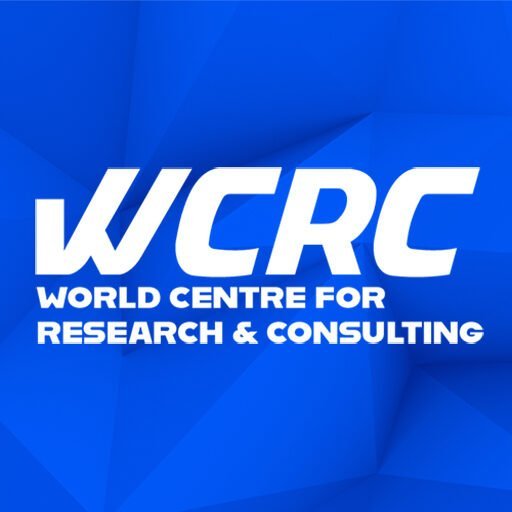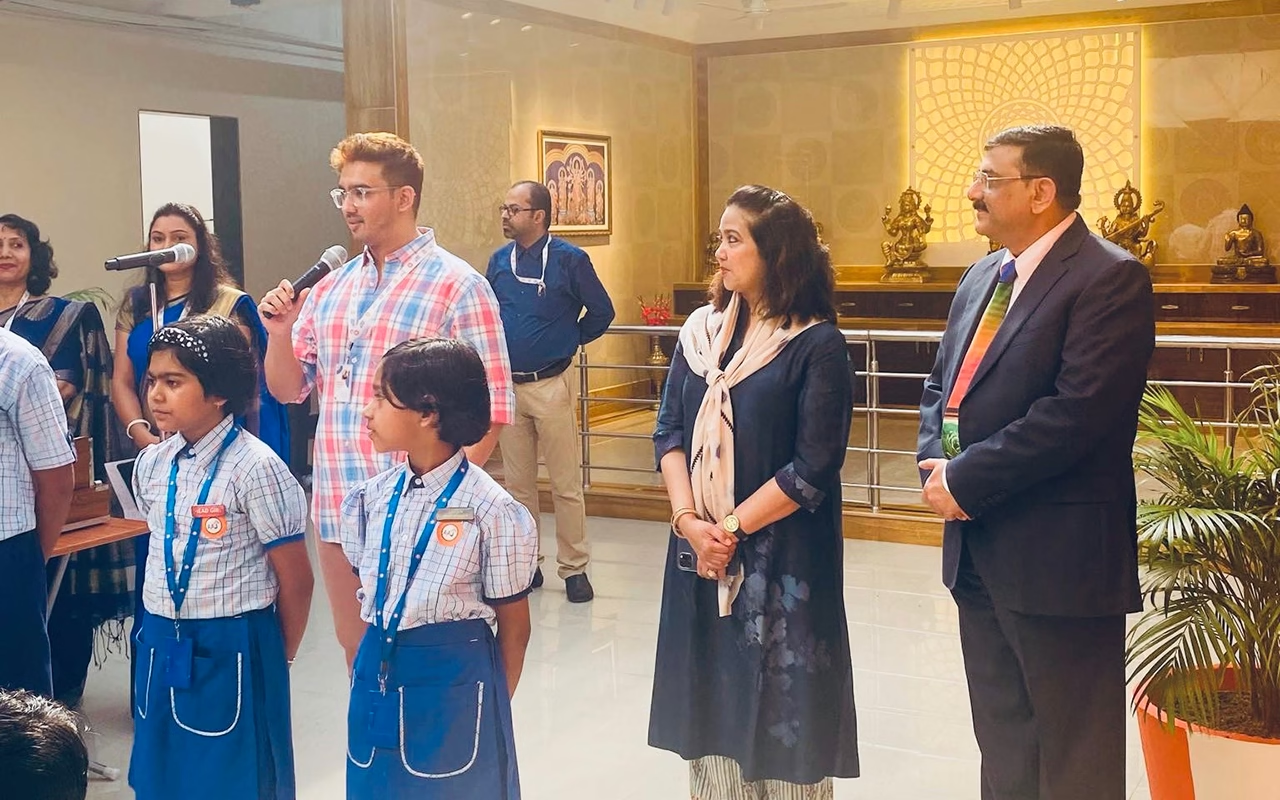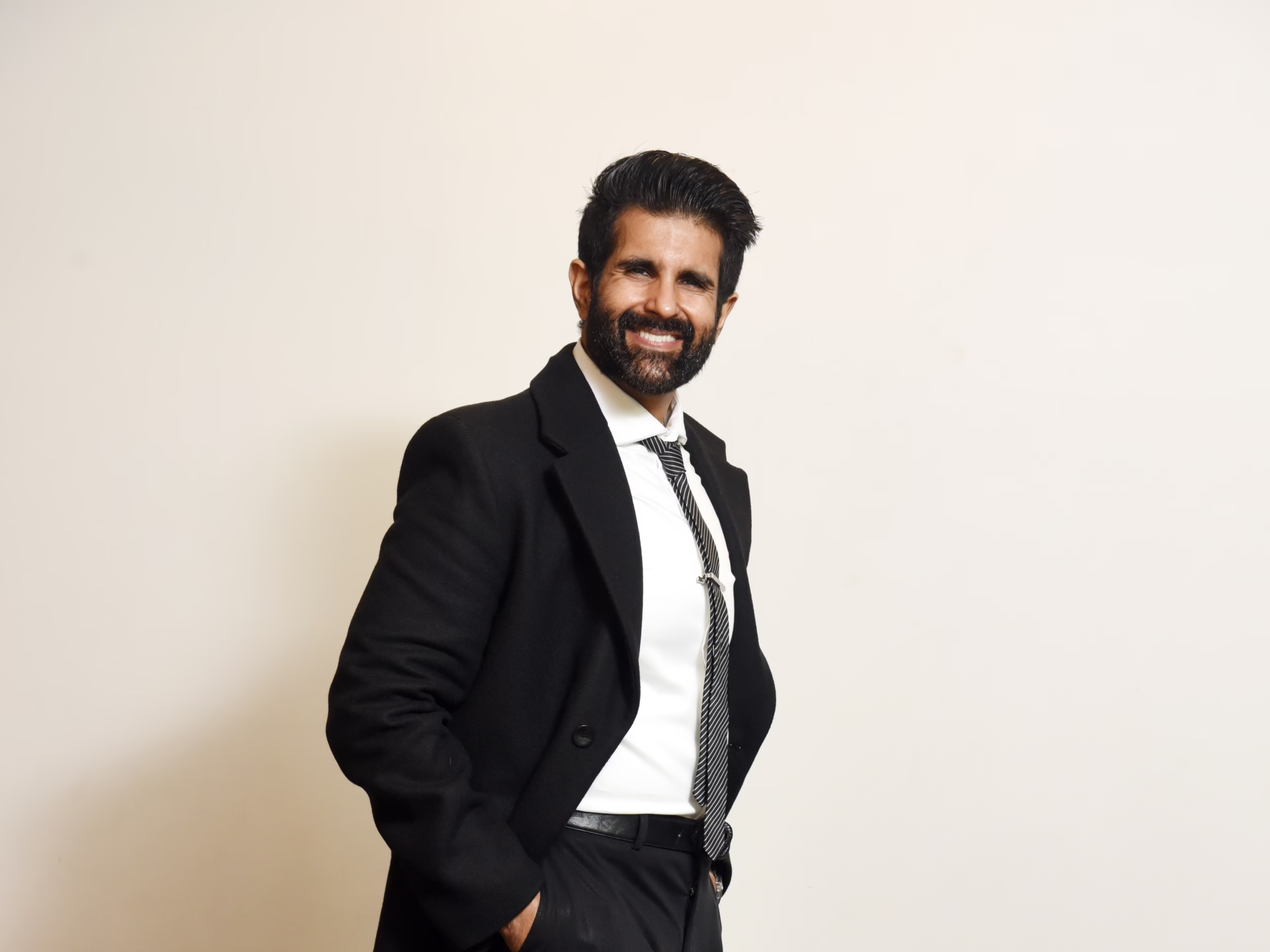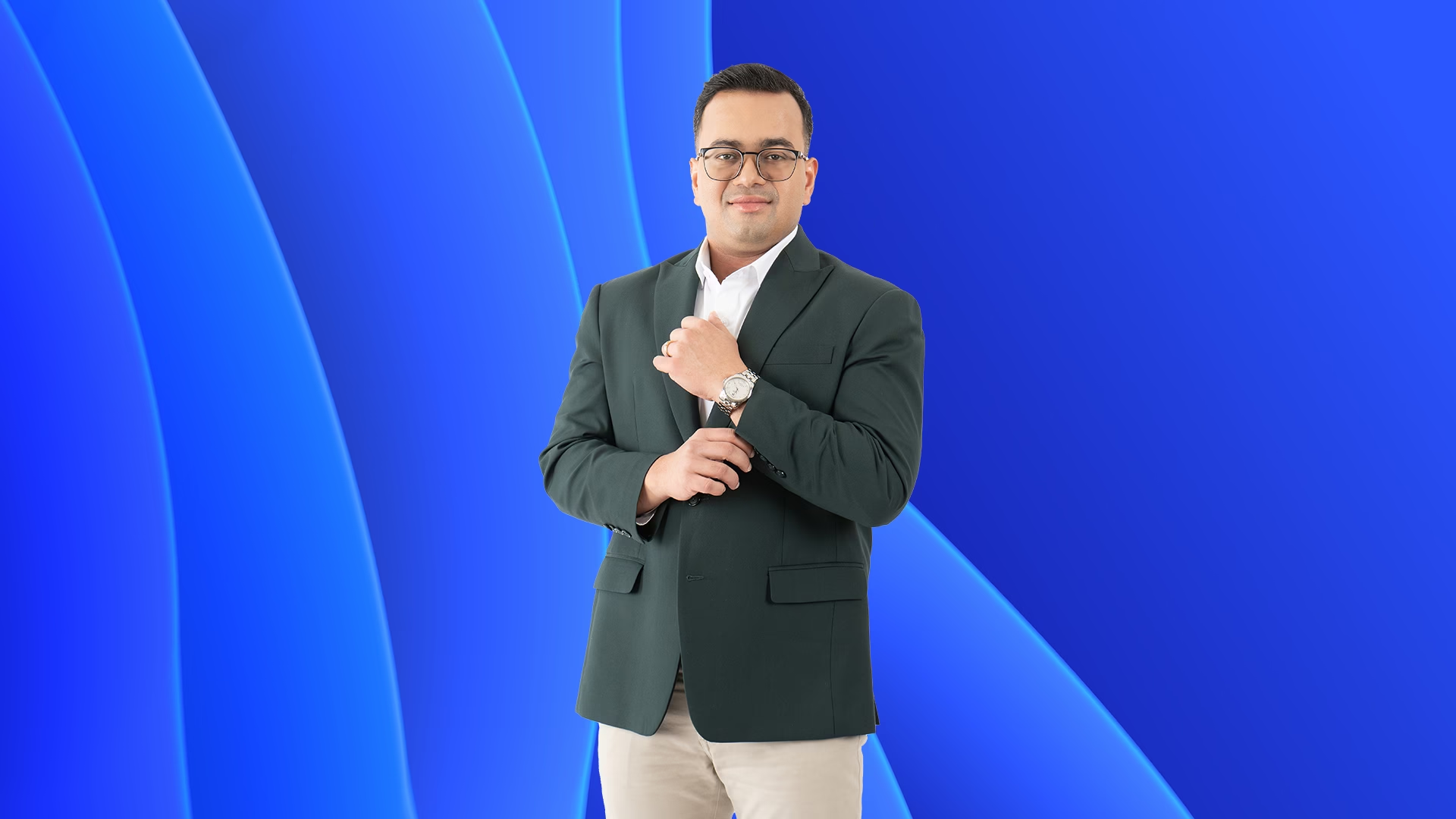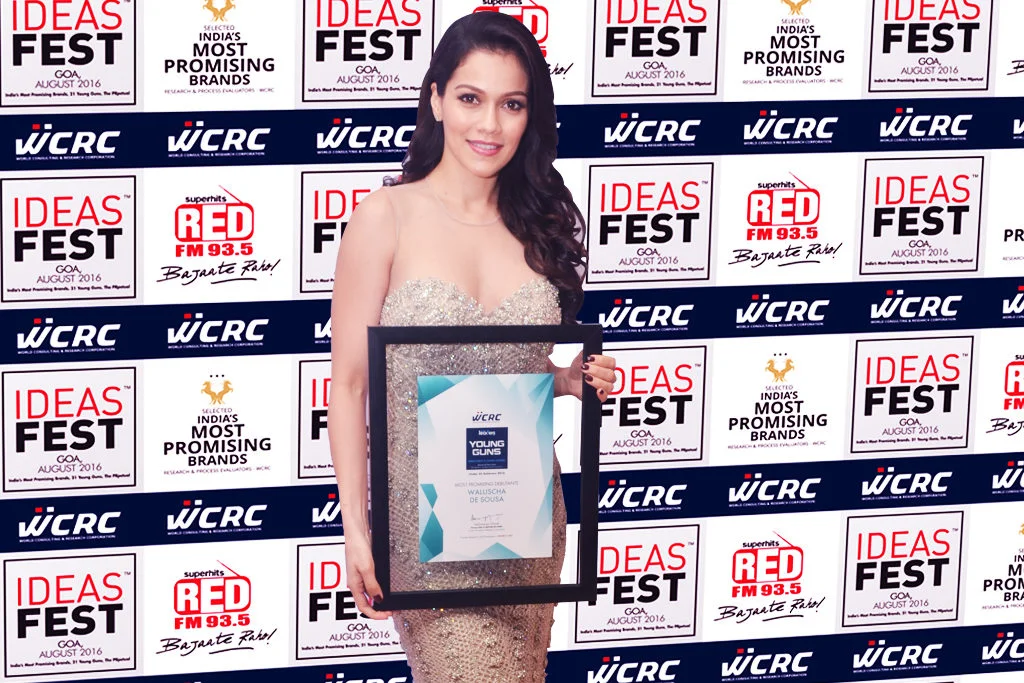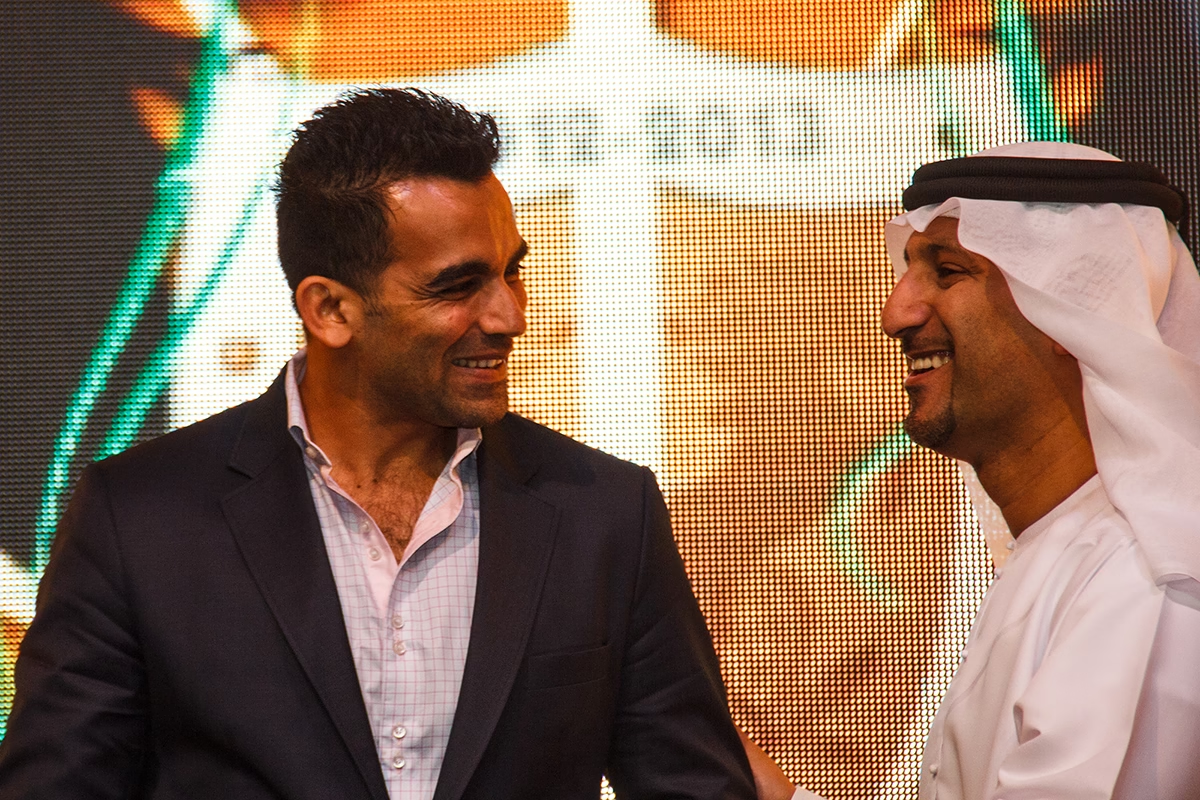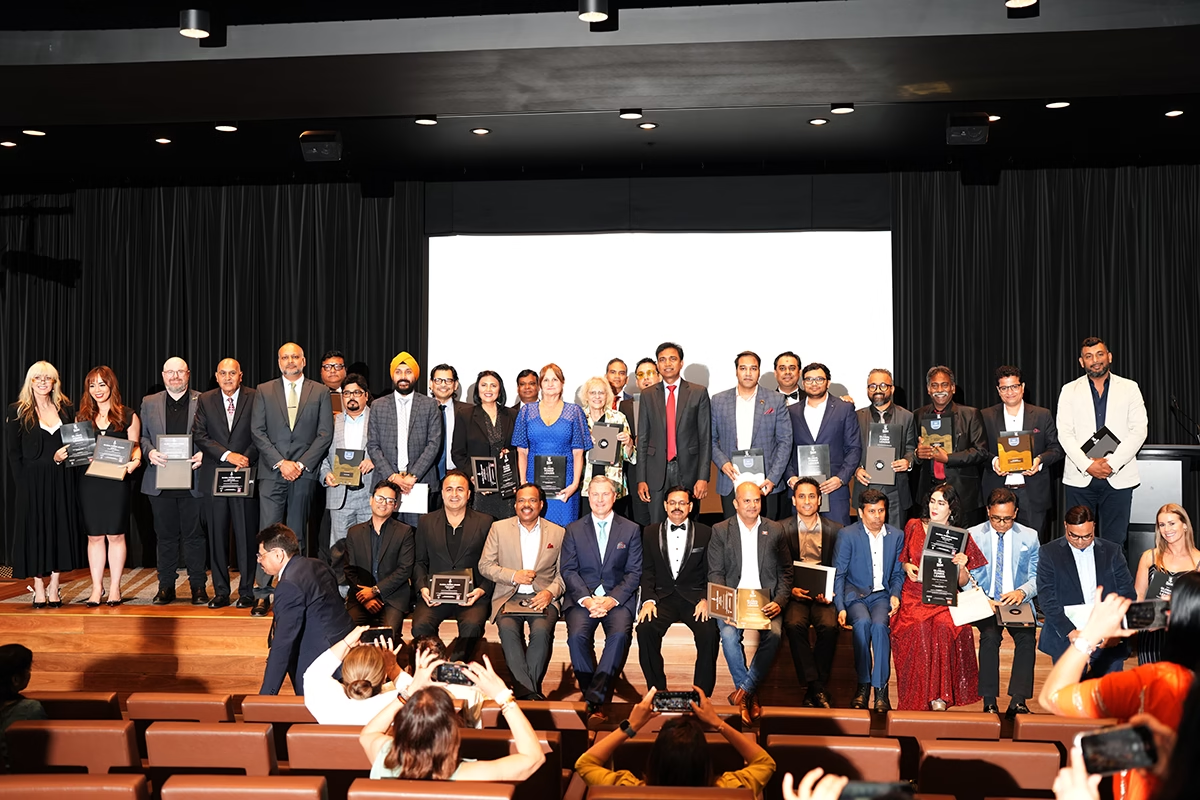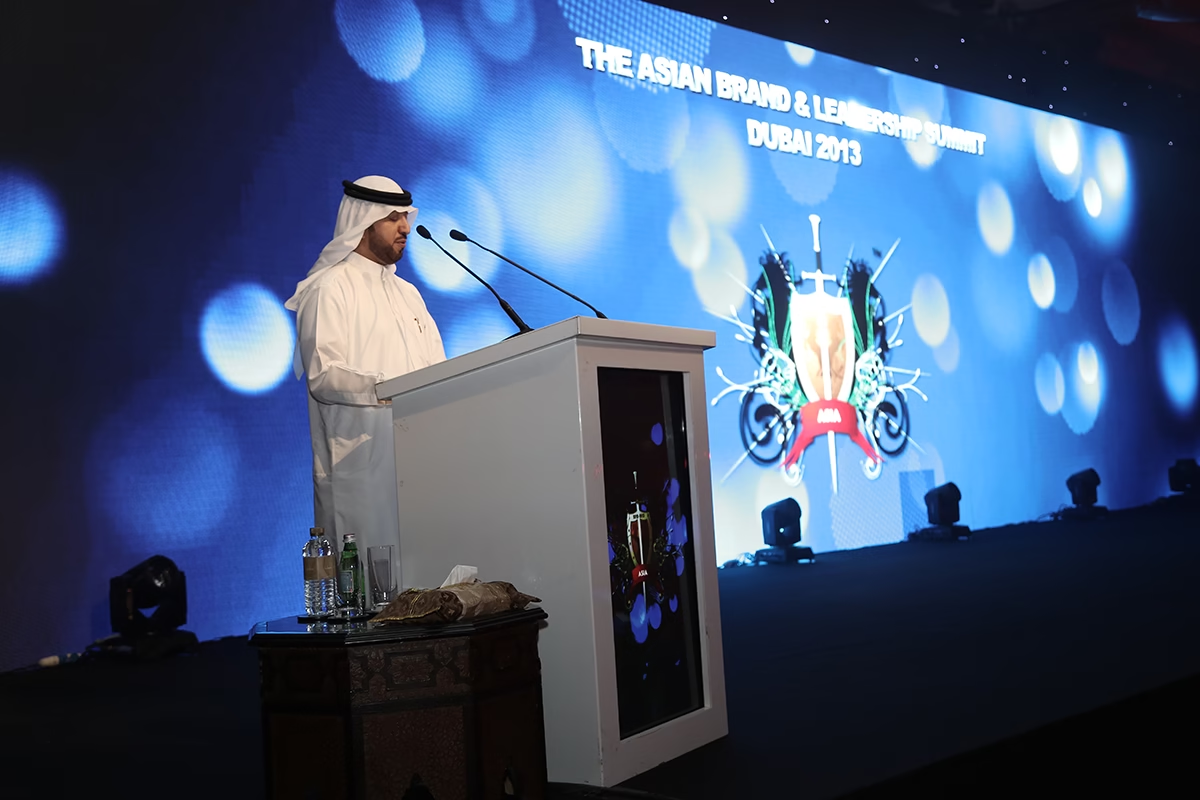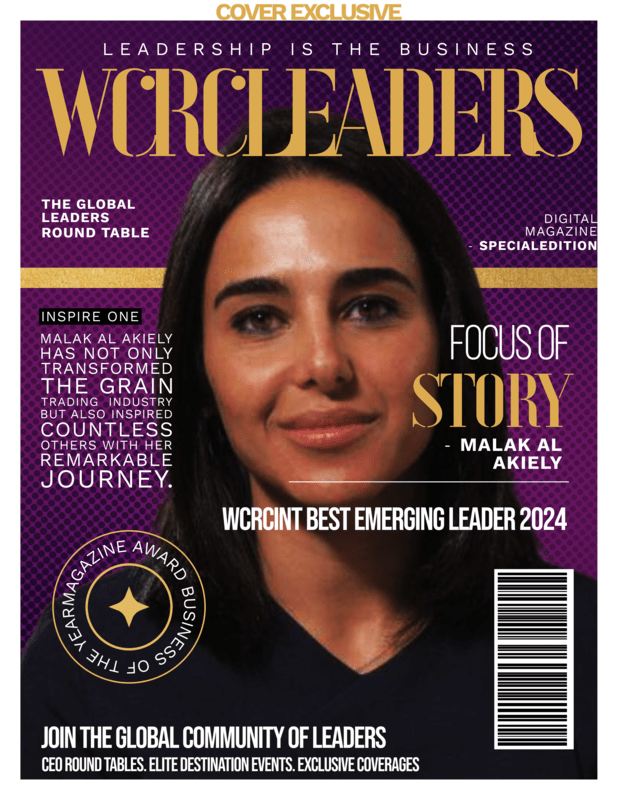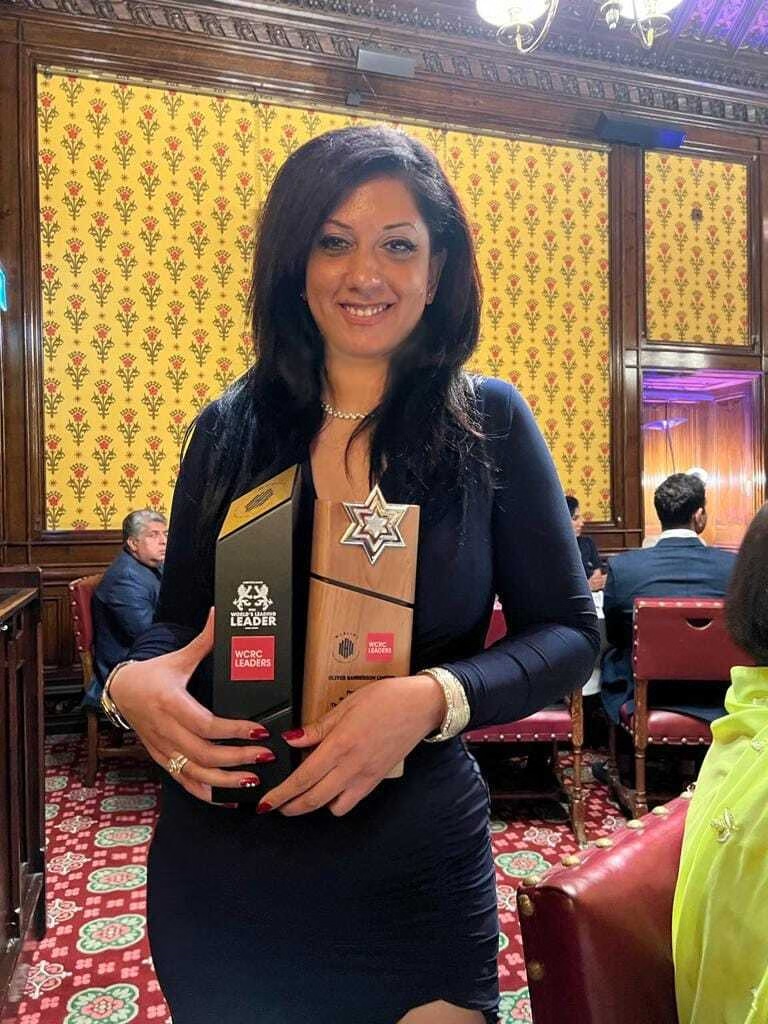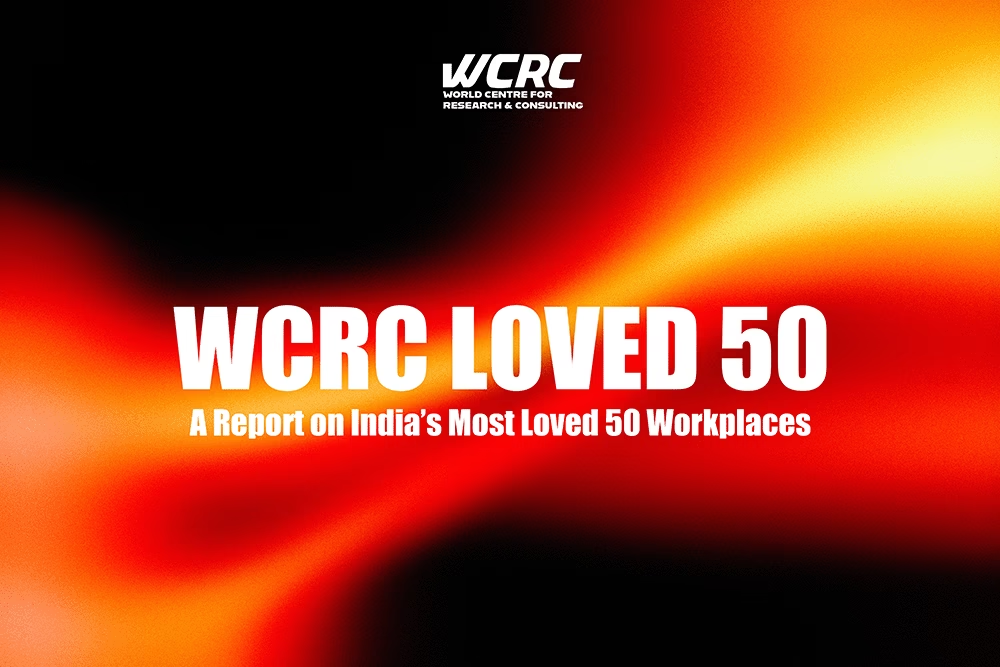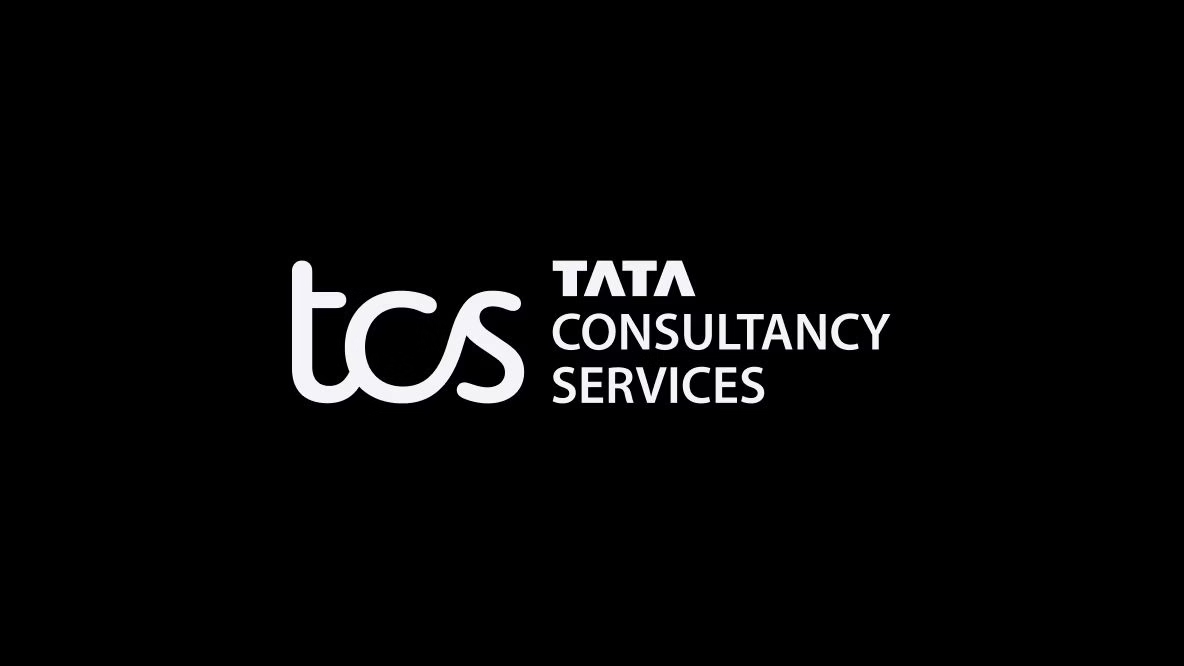Mohita Gupta, Deccan Healthcare: India’s Transformational Leader 2019
We don’t need another hero; we need a defender of values. Forgoing the hero role for being a steward of shared values. Put simply; it is a call to reject the temptation to become an aggressive, vain, and win-at-all-costs type of leader
Interview
Years of working in the industry, your contribution reflects versatility and volubility. What has influenced your decision making process at various stages?
Having this metric in mind helps me to keep a clear head when the going gets tough and to make rational decisions for my company instead of relying on my emotions.
An accomplishment that you consider to be the most significant in your career?
In 2016, participating in a conference at the United Nations Office, Geneva with the vision to set forth the Company’s community impact. Whether its supporting nutrition education, providing access to healthcare or delivering nutritional solutions, the goal is to boost the quality of life and well- being of every community they touch. Taking my parents’ legacy of shared responsibility for society forward, as the Chief Development Officer- Business Strategy and CSR, spearheading Be Young. Be Young the brand is establishing itself on the progression of understanding the consumer. “Launching Be Young” has been one of the most significant milestones in my career yet”.
How do you integrate corporate philanthropy or corporate social responsibility as a part of your business strategies?
Integrating corporate philanthropy begins surely that the idea is unique. If it doesn’t exist in the marketplace already, the first thing you ask yourself is does it not exist because no one wants it, and if that’s not the answer, does it not exist because no one has done it yet? And if no one has done it yet, get out there. Ask people if they think your idea is a good one and if they do, start really thinking is this reasonable and realistic for me to do? Can I do it at a cost that I can afford? Finding a void in the market, solving the problem with a product that people really loved, understanding the customer, and put the product where those customers were shopping.
What has been your driving force or philosophy in life?
We don’t need another hero; we need a defender of values. Forgoing the hero role for being a steward of shared values. Put simply; it is a call to reject the temptation to become an aggressive, vain, and win-at-all-costs type of leader.
What are the other philanthropic works you are involved in?
We envision a world where every aging adult, sick or well, has meaningful access to information and nutritional solutions to eradicate Micro-Nutrient Deficiency. The value of BE YOUNG is not simply a question of treating severe deficiency in individuals or specific communities but of the need to reach out to Indian population to protect them against the consequences of the subclinical conditions associated with inadequate micronutrient intake and its associated consequences. Extending this across to other spheres, through one of our projects we are providing access to sanitary pads to women and girls in rural areas in India. We have partnered with local NGOs to procure these handmade pads and sustainably process them in our manufacturing facility to make these locally produced pads safe to use, contamination free and hygienic. We then distribute these at a subsidised cost. This sustainable community impact project is in its nurturing stage.
How do you define success and how do you measure up to your own definition?
The customer must continue to be our main centre of attention, in the development of our nutritional solutions. Growing at an accelerating pace, we are constantly working on a supply system where customers were given what they wanted before anyone else. That strategy, combined with the determination to base nutrition on customers’ desires and necessities means that Be Young is in constant competition with no one, but itself.
A recent project or solution to a problem that you have made better, faster, smarter or less expensive?
Building a Brand is full of challenges. Things will happen every day. A customer will be unhappy with your product. Your service will have an outage, or you’ll hire somebody who doesn’t work out. And these are just a few of the problems you’ll deal with. We don’t want any of these things to happen. We might complain or feel disheartened. But we can also realize that each of these is inevitable and almost always a “gift in disguise.” The problems encountered can be turned into opportunities to improve: an unhappy customer is a chance to re-engage or improve our product. An outage can lead to improved monitoring that will make our system more resilient. A bad hire can help you find blind spots in our recruiting processes. We live in a fast-paced, technology-driven business world where there is little time to stop and reflect, and where people want immediate outcomes. At face value, business and philosophy might seem poles apart, but the interdisciplinary approach has changed me and my business for the better.
In your opinion what is the most significant aspect of leadership?
Driven by this philosophy in life at work requires one to develop patience, a willingness to dialogue, and commitment to morality that does not falter in the face of adversity. This measured, steady, and humble approach to leadership. In doing so, we can create a culture where ethical behavior is encouraged, and people feel safe pointing out things that they feel run counter to it.
Your perception of an empowered society. How far your industry has / can contribute for the same?
Empowerment begins from within one’s own eco-system. Our team has been given the responsibility and power to run our business than in most other organizations, because they can do whatever they want except for certain restrictions placed. At the same time, most (but not all) efforts are concerned with nurturing self-actualization and happiness of the team. we apply the second meaning of the word empowerment (ability) except where we have reasons to apply the first meaning (authority). The team members say they find this motivating and we believe it makes them more productive too. Most importantly, they (usually) make great decision, which makes the organization more resilient to change and more agile to cope with a challenging environment.
PERSONAL GRID
1. One thing you wish to change and one thing you wish to retain about your industry?
A growing number of producers are making strides to stay ahead of the curve on everything from new nutrition driven innovations, to the latest and high standards to reduce or remove the use of curative medicines. My belief is they are well positioned to meet today’s challenges. However, the key is to update objectives and align those with solutions. Many producers will find the opportunities are there. With an innovation-focused mindset that include a stronger focus on advanced nutrition approaches, there is a lot of room for improvement to fit the needs of every type of operation.
2. One thing you have to let go off as an entrepreneur/leader?
When you’ve hired great talent that is participatory and involved in decision-making, the idea of “control” becomes less of an issue. The critical part, is having those people aligned with your vision, mission, and values.
3. Whom do you owe your success to?
I credit my two mentors as having helped me see the value of hiring great people at Deccan Health Care. “What they taught me to do as a leader, is hire smart people who are talented and experienced, and let them operate autonomously in whatever sector they are in our business, whether it was sales, marketing, education or transactions.”
4. Best thing about your job?
Every operation is different and there is no one-size-fits-all. The producer must be a direct partner in deciding what will work best. You can have the best health and nutrition strategies in the world but if they don’t fit they won’t work. The future is about teamwork and alignment among everything that goes into production.


